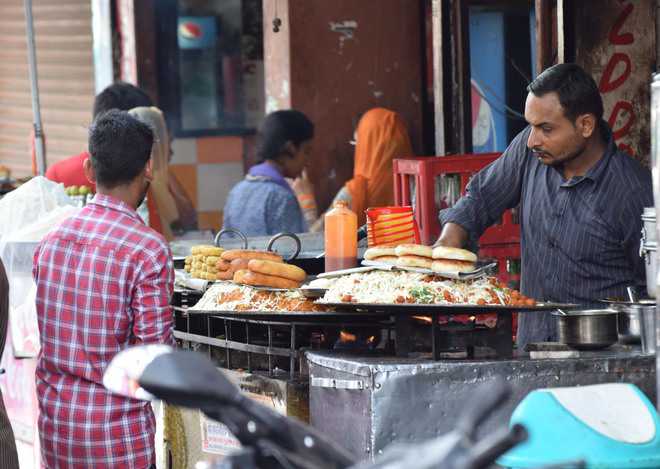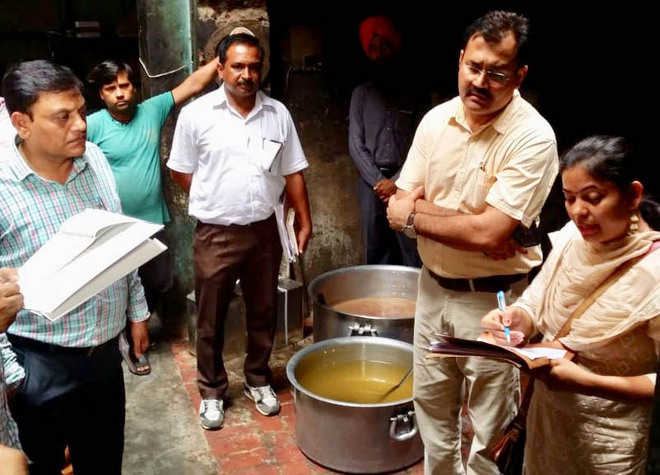The WHA estimates that 2 million people die each year from contaminated food or drinking water.

The common risks that travelers can encounter due to food poisoning, ranges from diarrhea to illness caused by harmful bacteria, parasites, viruses and chemical substances.
Your travel plans are set, passport if ready and bags are packed. The enthusiasm to visit your favourite destination could make you forget even the basic things that one needs to remember every time when traveling to a unknown place- food safety being the foremost one.
The WHA estimates that 2 million people die each year from contaminated food or drinking water. The common risks that travelers can encounter due to food poisoning, ranges from diarrhea to illness caused by harmful bacteria, parasites, viruses and chemical substances.
Certain tips that travelers need to know to avoid such problems are:
Research your destination: Anticipate issues and check for food safety, availability of drinking water facility and the most important one, medical care system in the place you are planning to visit.
Carry some nonperishable food items: Even though most of the airports offer healthy and hygienic options it is safe to have some food items in your luggage.
Carry hand sanitizer and disinfectant wipes: These can be used for cleaning your hands and surfaces.
Avoid certain food items: It is advisable to curb the foodie enthusiasm and not opt for raw or undercooked meat, fish, shellfish and eggs as they can be contaminated and could be carriers of deadly bacterias.
Rethink your usual choices: Even though you may typically enjoy certain foods and beverages at home, your safest bet is to avoid some of those favorites during foreign travels especially to remote locations.



